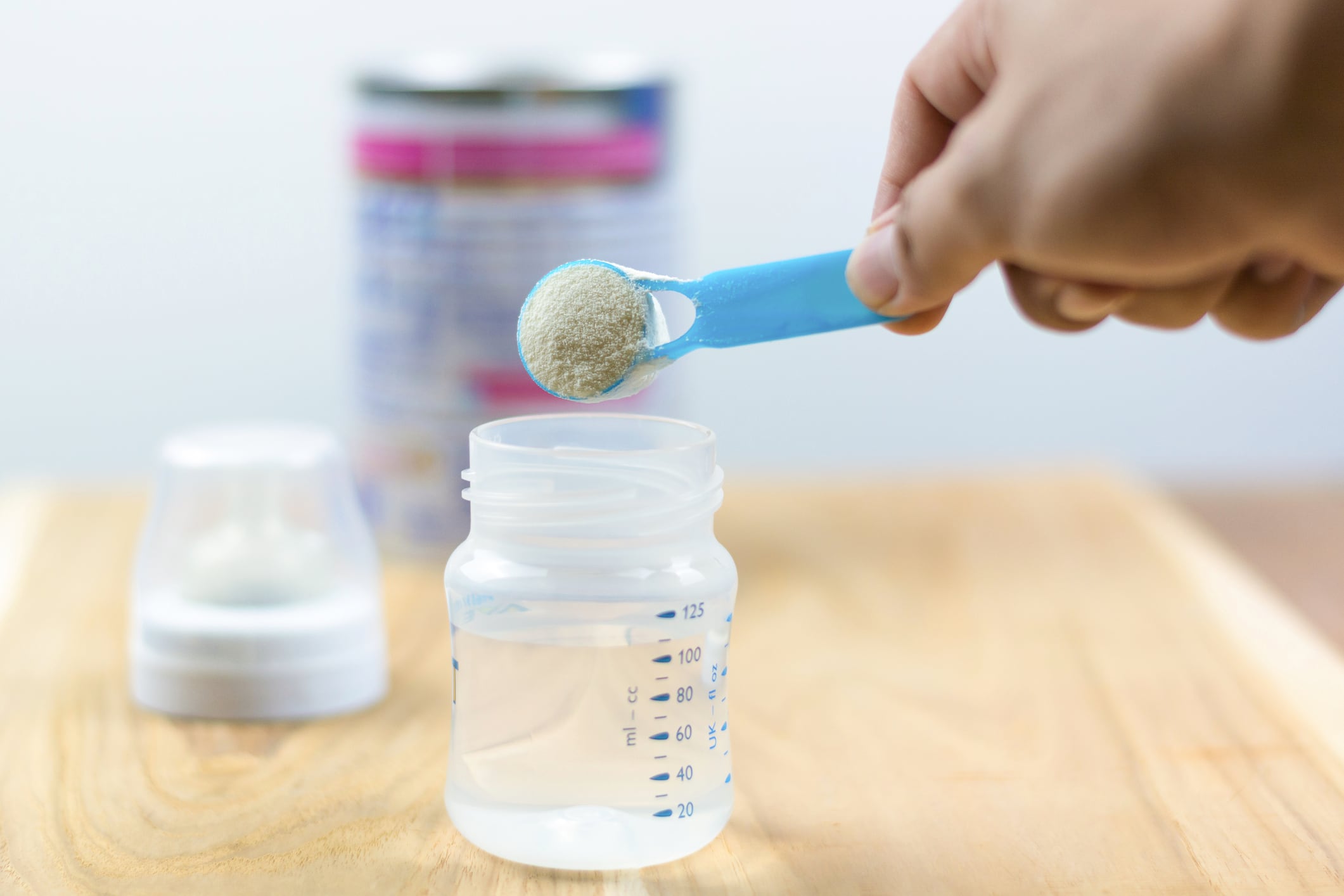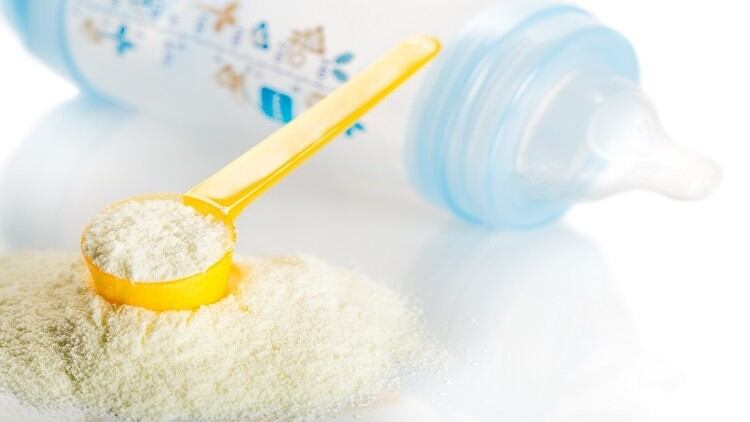Notable products include Mead Johnson’s Enfamil Enspire 1 infant formula, Interbos Hoff milk pudding in Vietnam, and Lotte Pasteur in South Korea.
This is according to FrieslandCampina Ingredients, whose latest in vitro study highlights MFGM-enriched whey’s antiviral activity against common pediatric viruses. These findings reinforce earlier clinical research linking MFGM-supplemented formulas to a reduced incidence of respiratory and gastrointestinal infections in formula-fed infants.
“Clinical studies have shown that consumption of a formula supplemented with MFGM improved cognitive performance in infants and reduced the risk of middle ear infections,” said Sophie Nicolas, Marketing Lead APAC, Early Life Nutrition at FrieslandCampina Ingredients.
“In addition, in vitro research demonstrates that whey-derived MFGM has antiviral effects against respiratory syncytial virus (RSV),” she added.
MFGM’s potential for reducing respiratory and gastrointestinal infections
The study found that MFGM-enriched whey exhibited dose-dependent antiviral effects against rotavirus and RSV, while its inhibitory impact on SARS-CoV-2 was only observed at the highest concentration tested.
In rotavirus infection models, even low concentrations (0.1–0.5 mg/ml) of MFGM-enriched whey significantly reduced infection rates, with near-complete suppression at 0.5 mg/ml.
Similarly, in RSV infection models, antiviral effects became more pronounced at concentrations above 1.7 mg/ml, with near-total inhibition observed at 7.0 mg/ml.
These results show a clear dose-response relationship, where higher concentrations led to stronger antiviral effects.
These findings add to existing research that support MFGM’s role in immune protection, said researchers in Frontiers in Nutrition.
The researchers also emphasised that while vaccines remain a key intervention, they are generally not recommended for infants below six months. This indicates a need for additional protective strategies, such as dietary factors derived from human and bovine milk, given that vaccine effectiveness can vary between individuals and populations.
With increasing consumer awareness of early-life immunity, companies like FrieslandCampina Ingredients are leveraging MFGM-enriched formulations to meet rising demand for functional nutrition targeting respiratory and gastrointestinal health in infants.
In February, the firm shared via a press release that its MFGM ingredient, Vivinal MFGM, has been approved for use in infant milk formulas and other food products in Thailand. This came after a comprehensive three-year evaluation by Thailand’s Food and Drug Administration (TFDA).
This will offer brands exciting opportunities to create premium infant milk formulas for the growing Thai market, said Nicolas.
Opportunities in Thailand
Research conducted in Northern Thailand revealed that RSV is prevalent among children aged two and younger, and a cohort analysis showed that the greatest burden falls on those below five years old.
Another study showed that while the rotavirus vaccine has had positive short-term effects, ongoing studies are needed to ensure its long-term success.
These developments align with the growing trend of infant formula premiumisation in Thailand. Nicolas shared that in 2024, 74% of new infant milk formula product launches contained at least one bioactive ingredient, which includes MFGM. Furthermore, the infant milk formula market in Thailand is valued at $865 million USD in 2024 and is projected to grow at a CAGR of 5% through 2029.
“Several factors are driving the premiumisation of infant formulas in Thailand. First, parents are increasingly aware about the health and development of their children.
“In fact, our proprietary research reveals a growing demand for infant formulas that contain functional ingredients offering additional health benefits, such as immune health, digestive health and brain health.
“Moreover, as Thailand’s economy grows, rising disposable incomes are enabling more families to choose premium products with enhanced nutritional benefits,” said Nicolas.
With growing interest in MFGM, more research is needed to further explore its potential in infant health.
Nicolas shared that Vivinal MFGM has a balance of proteins, lipids and bioactive components such as phospholipids, immunoglobulin G (IgG) and lactoferrin.
“These key bioactive components are obtained and preserved during the mild processing of pasteurised cheese whey, which ensures their bioactivity and therefore potential to support brain and immune function.
“In fact, adding 5% of Vivinal MFGM dry blend in an infant milk formula can provide up to 40% of the immunoglobulins present in Chinese human milk.
“We are eager to validate these findings in a clinical setting and are therefore interested in seeking a research partner that can help us further explore the potential role of MFGM-enriched whey to reduce respiratory and gastrointestinal infections in infants,” said Nicolas.





